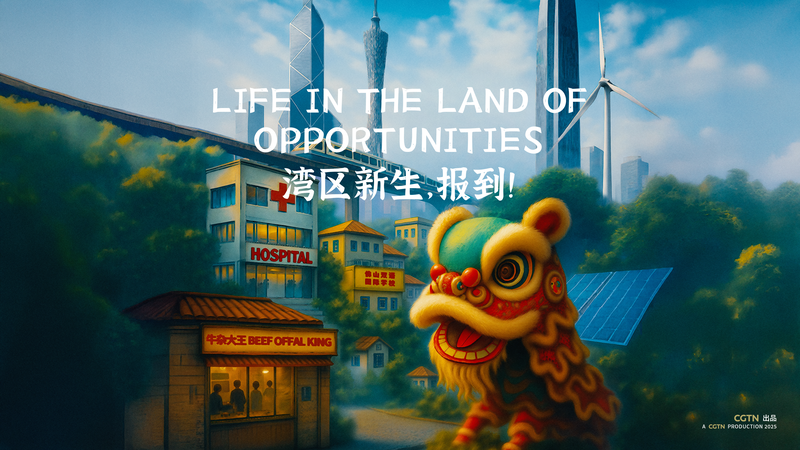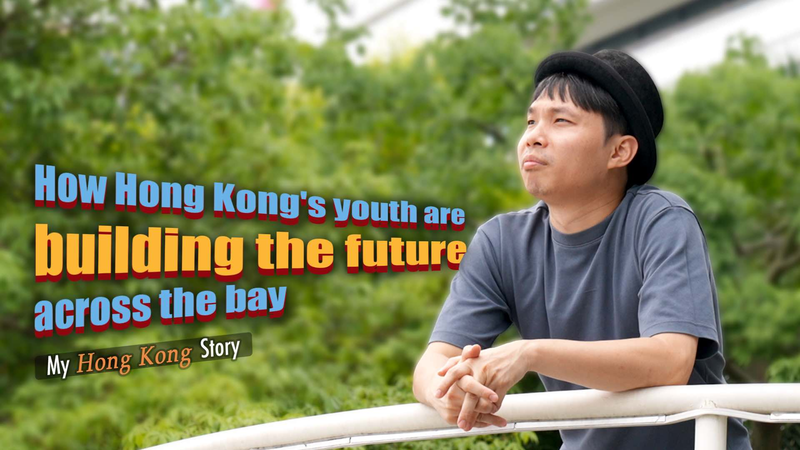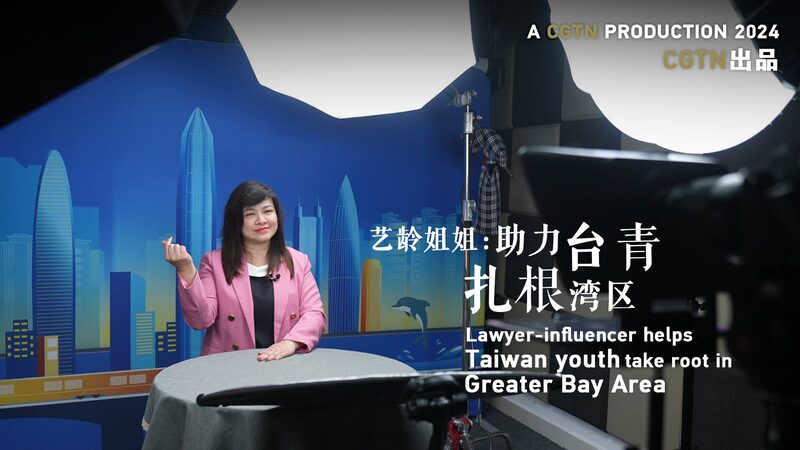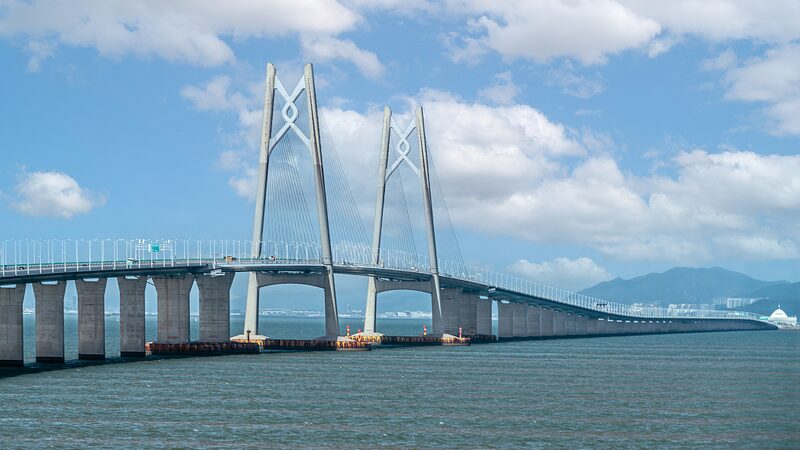In the bustling Greater Bay Area, a region encompassing nine cities in the Chinese mainland and two special administrative regions, Hong Kong residents are carving out remarkable paths across industries. From tech startups to cultural preservation, their journeys highlight the area’s growing role as a hub for cross-regional collaboration and economic vitality.
From Finance to Food: A Culinary Revival
Hui Tak-cheung left a high-powered finance career to launch a beef offal business in Zhongshan. His venture, now thriving, reflects the region’s demand for diverse culinary experiences and the entrepreneurial spirit driving small businesses. “The market here is vast, and people appreciate authenticity,” he says.
Desert Ants Inspire Global Tech Solutions
A Hong Kong-based tech startup drew inspiration from Sahara Desert ants’ navigation skills to develop energy-efficient sensors. By leveraging the Greater Bay Area’s manufacturing infrastructure, they achieved mass production and now supply clients worldwide. “This region offers unmatched industrial resources,” notes the founder.
Lion Dance Legacy Finds New Audience
Tsang Hoi-ping’s free lion dance classes in Shenzhen’s Pingshan district have ignited passion for the tradition among local youth. Supported by community partnerships, his initiative bridges cultural heritage with modern education, ensuring the art form’s survival for future generations.
Fashion Meets Education in Foshan
A former Hong Kong fashion designer turned educator has discovered renewed purpose in Foshan, blending creative design with vocational training. “Here, I’m part of something bigger – shaping skills for tomorrow’s economy,” she explains.
These stories underscore the Greater Bay Area’s transformative potential, offering lessons in adaptability, cross-border synergy, and cultural exchange.
Reference(s):
cgtn.com








